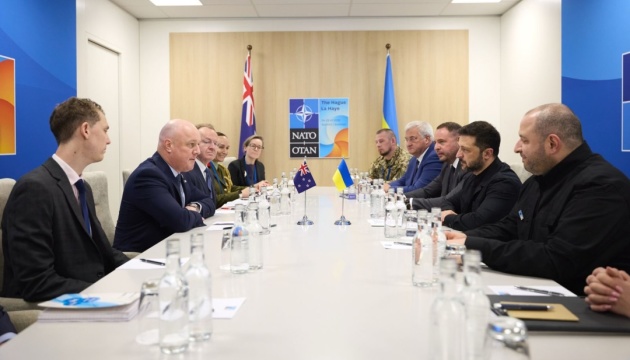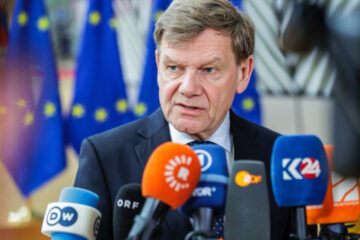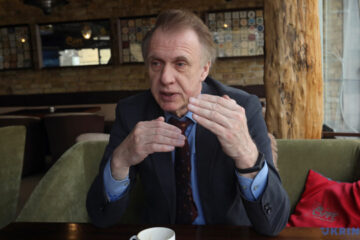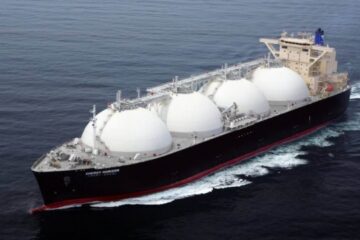
Deputy Head of the Ukrainian President’s Office, Pavlo Palisa, reflected on the results achieved at a number of international events that took place this week in terms of Ukraine’s defense.
The review was posted on the official’s Facebook page, Ukrinform reports.
“This week there were many international events: highest-level meetings in the UK and the Netherlands, the NATO Summit in The Hague, attended by Ukraine’s delegation led by President Volodymyr Zelensky. I’d like to summarize the results related to the military field.”
Palisa stated that in London, President Volodymyr Zelensky and British Prime Minister Keir Starmer agreed to launch co-production of drones and high-precision weapons, strengthen sanctions against the Russian military-industrial complex, and further improve diplomatic coordination.
Palisa also named the main signals and decisions that Ukraine saw at the NATO summit:
1. NATO officially agreed to increase defense spending to 5% of GDP by 2035.
“But most importantly, part of these funds can go directly to support Ukraine! That is, if a country has no opportunity to increase defense investments at the required pace, they can direct funds to support Ukraine, and this will work,” Palisa noted.
2. Russia has been recognized as a “long-term threat,” and Ukraine’s defense has been referred to as priority.
“This is the first time that this has been so firmly laid down in a final document with a direct mention of Ukraine,” Palisa emphasized.
3. The “Bridge to Membership” remains valid.
“The formula of the irreversibility of our accession to NATO has been confirmed. It is important that even skeptics in the Alliance did not risk removing Ukraine from the text of the decision. Yes, there is still a lot of diplomacy ahead with the allies, but there is a clear understanding of what to work on,” Palisa emphasized.
He noted that “on the sidelines of the summit, and not only there, we held successful negotiations with many European leaders. We discussed additional sanctions against Russia, strengthening our defense industry, and a common position on a ceasefire, which is only on just terms. Everyone emphasized: assistance to Ukraine will be continued.”
Palisa also highlighted Zelensky’s meeting with the U.S. President, Donald Trump.
“The President of Ukraine briefed him on the frontline developments and progress in the negotiations, the only result of which was the exchange of prisoners of war. An exchange where Russia also handed over the bodies of their own citizens, claimign they were Ukrainians. We discussed practical steps to strengthen our defense capabilities, including air defenses. We seek to purchase modern systems capable of repelling ballistic targets in cooperation with Europe, and we will continue dialogue on joint arms production with the involvement of European partners,” Palisa stated.
Also, the official noted, “with Prime Minister of the Netherlands Dick Schoof, we agreed on a defense package worth EUR 175 million (100 anti-drone radars and 20 CASEVAC vehicles) and the start of joint production of Ukrainian UAVs” and “within the circle of leaders of the E5 format, including the United Kingdom, we agreed to urgently strengthen Ukraine’s air shield with new air defense systems and increase sanctions pressure on Russia.”
“Russia is not going to stop at Ukraine. We know this clearly, and we want the whole world to realize this,” Palisa stressed.
“From what remained behind the scenes: partners admire the courage of our Armed Forces, and this was voiced more than once at the highest level.”
As Ukrinform reported earlier, former NATO Deputy Assistant Secretary General Stephanie Babst is disappointed with the results of the summit in The Hague due to the allies’ decision not to discuss extremely important issues, such as Russia’s war against Ukraine.
Source: Ukraine’s Presidential Office sums up this week’s defense-related international events



